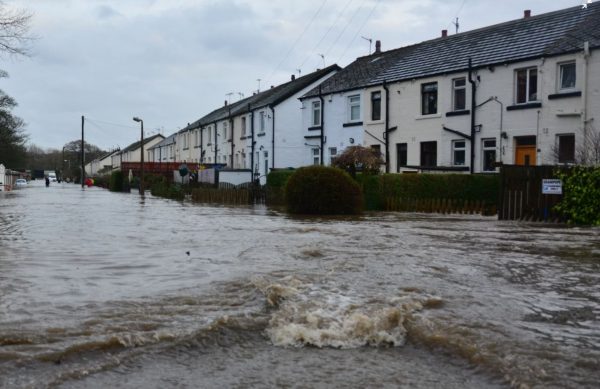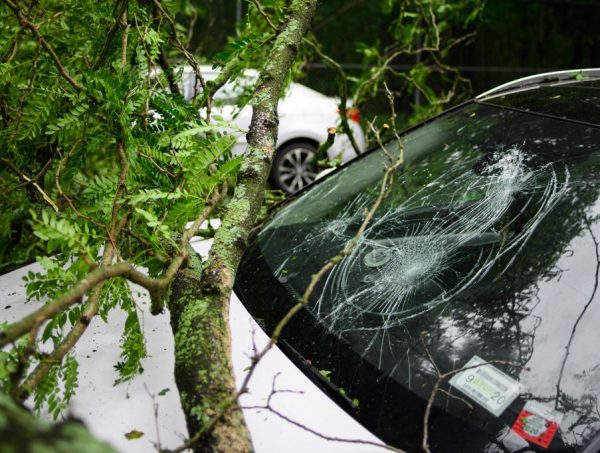
If disaster strikes and your home is badly damaged, perhaps by a fire, flood or severe winds, you will need to decide whether it is still safe to live in. If it is not you will need to find alternative accommodation.
Fortunately Adrian Flux household insurance policies make provision for alternative accommodation in an emergency, even if you have a contents only policy.
This blog answers all your questions about emergency alternative accommodation insurance.

What reasons can I claim for alternative accommodation?
Alternative accommodation insurance typically covers flood, fire, subsidence and storm damage. These events are sometimes referred to as acts of God as they are natural phenomena and no one is responsible for them. But alternative accommodation insurance will also cover you for burst water pipes and substantial damage caused by a break-in to your home.
If your home is rendered uninhabitable, you can usually make a claim for alternative accommodation. You will have to check the terms and conditions of your individual insurance policy, but most of our policies offer alternative accommodation as standard.
Each insurer will have its own definition for what qualifies as uninhabitable. Cosmetic issues or minor damage to walls, floors and ceilings won’t count.
Uninhabitable conditions usually include:
- Major structural or other damage that leaves the property unsafe to live in
- Long term failure of electricity or water supply
- Unusable kitchen, bathroom, toilets or bedrooms
- Long term failure of heating (especially in winter)
How much am I covered for?
Alternative accommodation cover will meet the cost of a stay away from your home while it’s being repaired. Each policy will have its own conditions and individual limit of cover so check your policy documents carefully. Some policies offer a fixed sum, while others offer a percentage of the sum insured on your buildings insurance.

What alternative accommodation would be provided?
Your insurer will be expected to offer you a temporary stay in a rental property that’s similar to your own home, if possible.
The property should also be in an area that allows you to carry on with your regular day-to-day life. Your commute to work, the school run and normal leisure activities should be able to continue uninterrupted.
In some cases, this may not be an option. For example, if the entire neighbourhood has been flooded, you’ll have to be rehomed further away.
If you only need to be out of your home for a short period, your insurer may offer you a stay in a hotel or B&B instead.
What about my possessions and pets?
If you can’t take your pets with you into temporary housing, your insurer may pay for boarding them in kennels or a cattery. And if your possessions need to be moved out of your home, alternative accommodation cover can meet the cost of putting them in secure storage.
Who decides if my home is uninhabitable?
In the event of a major incident at your home a loss adjuster will usually be sent to your home to assess the damage, the extent of repair work necessary and whether or not your home is fit to live in.
If it’s deemed unsafe your insurers will outline the alternative accommodation options open to you.
How long will my alternative accommodation be paid for?
Alternative accommodation costs should be paid until your property is safe to move back into, subject to the maximum limit on the policy.
Is my home covered while I am in alternative accommodation?
Check the T&Cs on your policy but the insurance cover on your home will probably lapse if your home is to be empty for 30 days or more, which might be the case if disaster strikes. In these circumstances you will have to transfer to an unoccupied home insurance policy.

Save money on your home insurance with Adrian Flux
Adrian Flux home insurance customers saved an average of 31% in 2021 when taking out a policy with us. See how much you could save by giving us a call on 0800 369 8590 – our best deals are always available over the phone. 81.5% of customers in August 2022 were able to get a cheaper quote over the phone, based on information they provided.